Avicenna, the polymath renowned with ancient wisdom of medicine, Greek philosophy and mystical Islam, a man of sacred knowledge and curing methods …
Category: Science
We are confined within the limits of our knowledge of the natural world, and yet we strive toward knowledge, always more knowledge… Yet we cannot ever think that we know everything. Knowledge advances yes, but it is like an island surrounded by the ocean of the unknown. “As the Island of Knowledge grows so does the shore of our ignorance.” We are actually confronting the mystery of who we are. …
In his new medicine of the soul, Ostad Elahi indicates that in the conscious level where the ego resides, there is a deeper layer where one can find inner guide. This inner guide speaks in the voice of conscience, which is the germ of sound reason and inspires us to take the correct course of thought and action in our decisions. …
Love is really the only thing we can possess, keep with us and take with us when we depart. Dr. Elizabeth Kübler-Ross (1926-2004), in her pioneering work with patients nearing the end of their lives in palliative care, interviewed them on their feelings about life and death, and how they measure the life they lived. The results of her work proclaim that the patients unanimously express their emotional state as “yearning for love,” a shield needed against the fear of death, and the measure of the degree of inner peace and contentment they savor at the end of their life …
“Where the spirit does not work with the hand, there is no art.” The great Renaissance polymath Leonardo da Vinci (1452-1519) –timeless artist, engineer, architect, mathematician, and scientist, with profound knowledge in everything from anatomy and optics to physics to light –is commemorated at the Louvre Museum for the fifth centenary of his death. In his quest to understand the relation between the physical and the metaphysical, he spent a lifetime studying the human being and its place in the universe. His brave creativity, endless genius, and artistic talents arching far beyond the perceptual and scientific realities of …
“When we are about to choose a partner, or get married to a certain partner –that’s the kind of decision that we cannot make based on a cold cognitive calculus” says Richard Davidson, the seminal neuroscientist known for his research on what determines our emotional styles. In the interview with Krista Tippet, he adds “we consult our emotions for making that decision, and if our emotions were disrupted, it will really impair our capacity to make those kinds of decisions.” In the assessment of the functioning of the emotional brain, he identifies six innate capacities which constitute our emotional …
In the dance, one finds the cinema, the comic strips, the Olympic hundred meters and swimming, and what’s more: poetry, love and tenderness, said Maurice Bejart, the exceptional choreographer, opera director and dancer. Long before neuroscience confirmed that our brains are wired to move along with music, dancing was there. Babies, children, and adults, all instinctively move to the rhythm of the music. Based on recent cognitive research, it seems like human beings are universally synchronized with the chords of music. Moreover, the rhythmic movement lifts our mood, regulates the mental and emotional fluctuations, and we become happier. Such …
How the intelligence of the trees is measured and what it means for maintaining our life on earth Plants are sentient beings which have emotions, who feel the pain when damaged, enjoy Mozart, can respond to unspoken thoughts of humans and more. Cleve Backster, a former intelligence agent, best known for his experiments with plants using a polygraph (lie detector) instrument in the 1960s long before science has discovered the intelligence of plants capable of cognition, learning, memory and communication. He hooked up the galvanometer of the polygraph instrument to his house plant and to his astonishment, he found that …
Psychoanalytic therapy aims to explore the hidden emotions, repressed childhood memories, fantasies and thoughts affecting present behavior and relations of the client. The ultimate gain is a sound sense of self, contentment at a higher state of consciousness and self-mastery. The history of the psychoanalytical practice is not only long but it has been evolving ever since S. Freud’s work in psychoanalysis from 1915s up to present. Moving from the divan (couch) to psychoanalytic therapy wherein the client is relocated to the armchair facing the therapist and further on to the developmental approach founded by S. Freud’s daughter Anna …
The practice of psychology had started with two traditional schools: psychoanalytic and cognitive psychology from which further derivatives and styles of therapies would be formulated in tandem with advanced research in cognitive science and developmental psychology. Freud’s pioneering work with psychoanalysis at the turn of the 20th century and the Jungian approach to the unconscious, both prepared the field for psychological practices, primarily paving the way for psychoanalytical therapy in the 1930s. The next major school – Cognitive Behavioral psychology was founded in the late sixties by the developmentalists Bruner and Neisser. Here is a simplified outline …



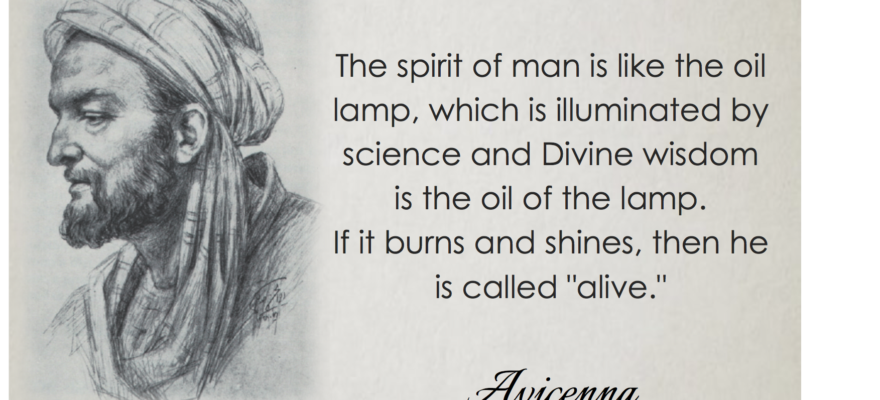
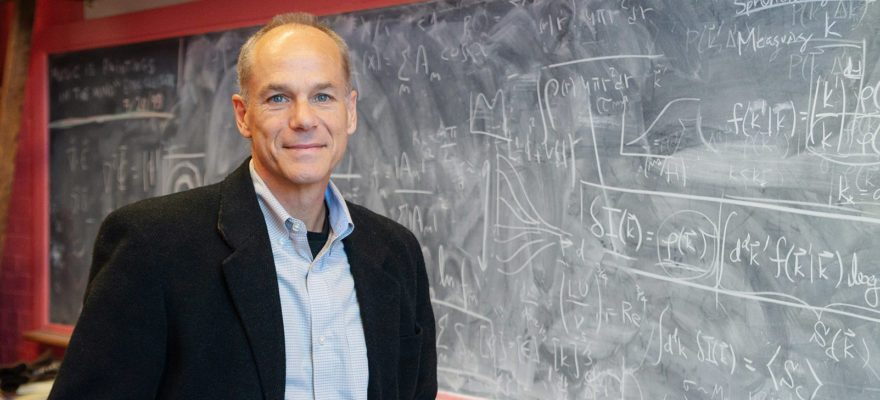
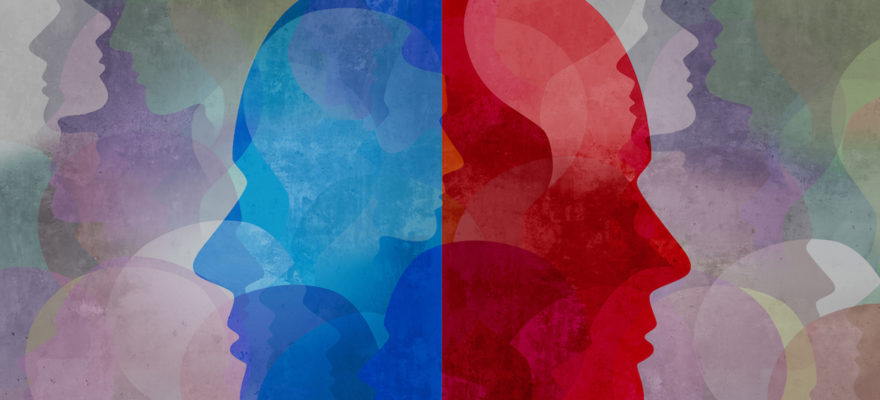
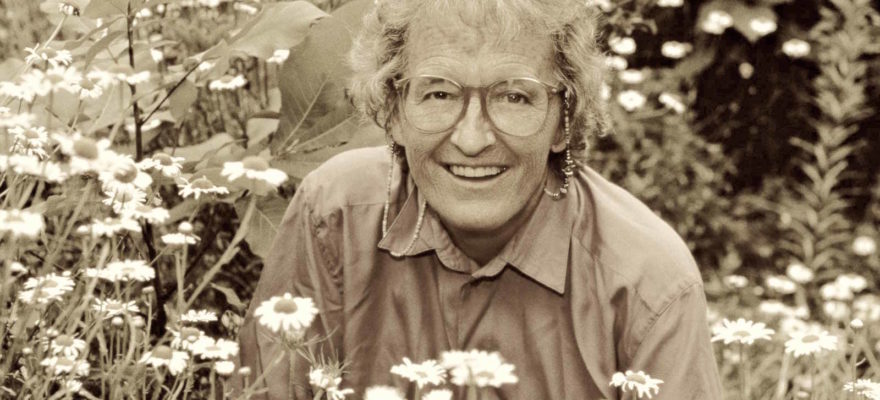
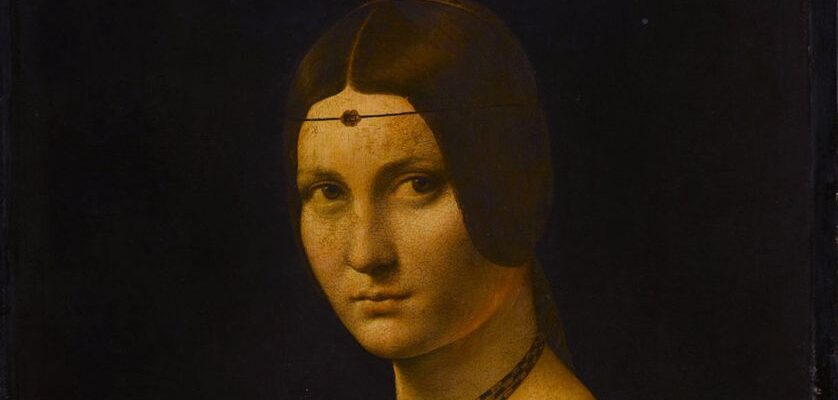
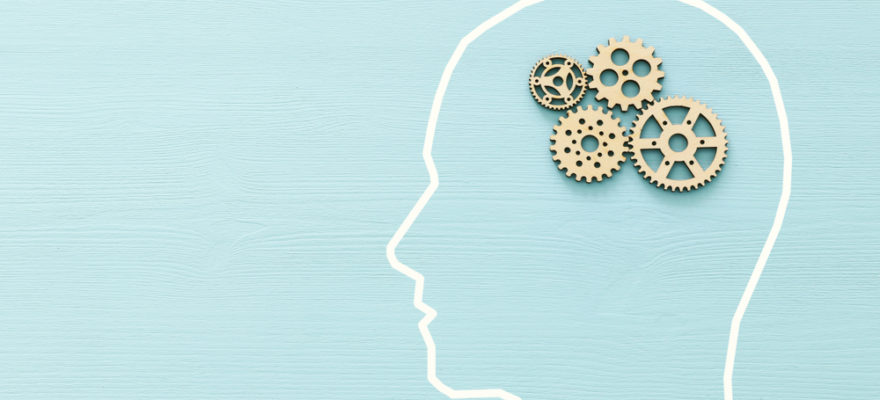
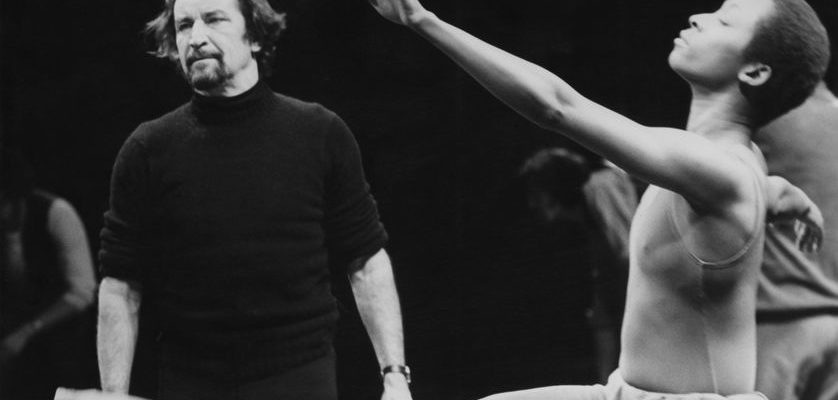
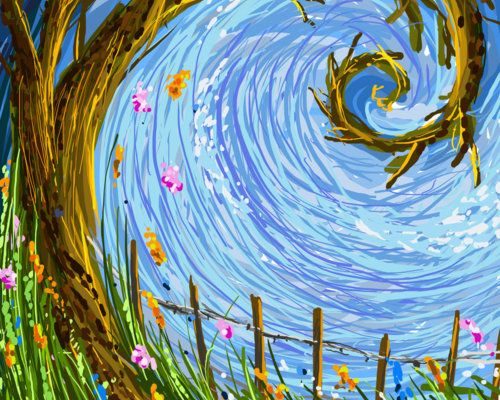

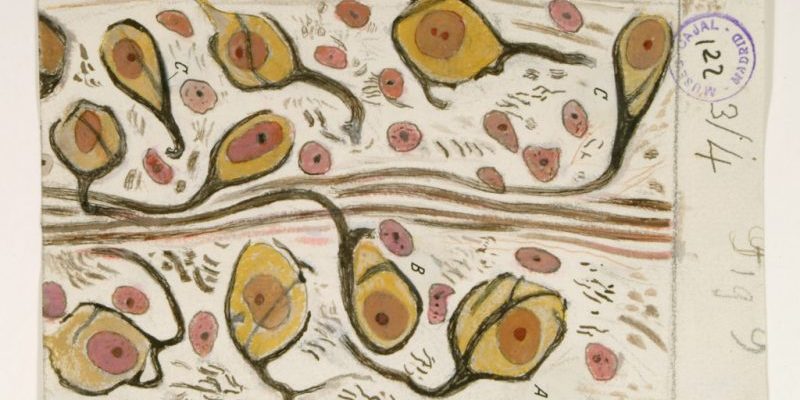





Social Profiles